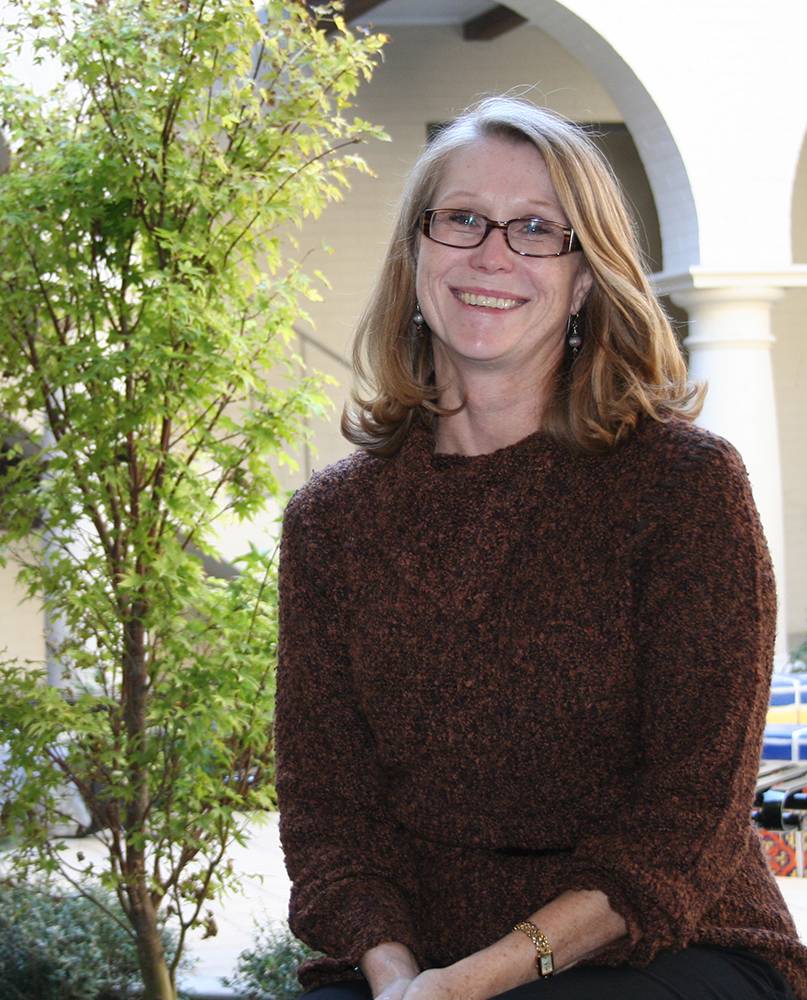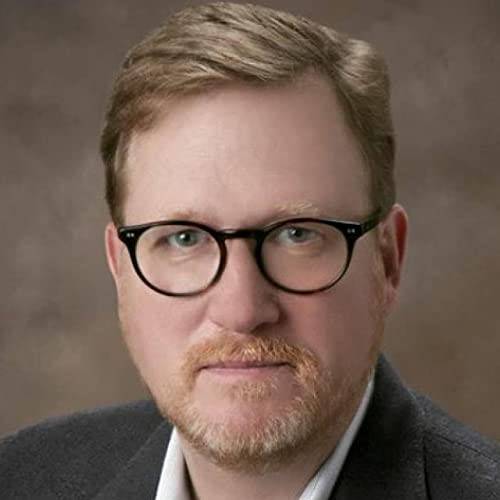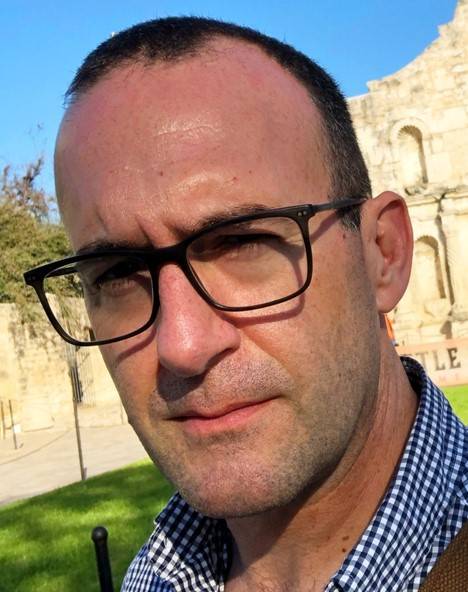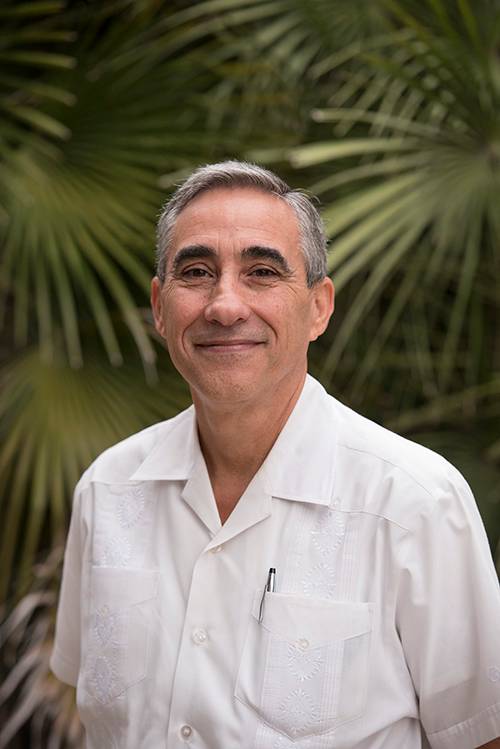Forget the Alamo:
Popular Memory and Public History
Thursday, September 23, 2021
12:30 pm
Online via Zoom and
In Person | TMH 101
Thursday, September 23, 2021
12:30 pm
Online via Zoom and
In Person | TMH 101
The authors of Forget the Alamo: the Rise and Fall of an American myth put together a vivid and skilled picture of the way a public history gets made in Texas, using the subsequent chroniclers of the 1836 siege of the Alamo as their template. By tracking the deliberate steps people have re-told the story of ‘the Alamo’ to fit their narrative ideals, Bryan Burrough, Chris Tomlinson and Jason Stanford have demonstrated the many complicated ways the myth of the Alamo has been created and re-crafted to take up political space in Texas, the nation and the world. For this event, Lynn Denton, previous Director of the Center for Public History and the first director of the Bob Bullock Museum, will lead a conversation with the three authors regarding the interdisciplinary craft, multi-media ambition, synthetic chops and dogged archival work that it takes to document the creation of a living myth some of us call the Alamo..
 Dr. Lynn Denton received her Ph.D. from the University of Texas at Austin and is the founding director of the Bob Bullock Texas State History Museum in Austin. She also served as the Director of the Texas State University Center for Public History until 2019.
Dr. Lynn Denton received her Ph.D. from the University of Texas at Austin and is the founding director of the Bob Bullock Texas State History Museum in Austin. She also served as the Director of the Texas State University Center for Public History until 2019.
 Bryan Burrough is a special correspondent for Vanity Fair and the author of seven books, including the New York Times #1 best-selling Barbarians at the Gate (with John Helyar) and Public Enemies. After living for too long in the snowy north, he is thrilled to be back living in his native Texas. More information can be found on his personal website.
Bryan Burrough is a special correspondent for Vanity Fair and the author of seven books, including the New York Times #1 best-selling Barbarians at the Gate (with John Helyar) and Public Enemies. After living for too long in the snowy north, he is thrilled to be back living in his native Texas. More information can be found on his personal website.
 Chris Tomlinson is a New York Times best-selling author, filmmaker and journalist living in Austin, Texas. He writes a twice-weekly column for the Houston Chronicle and was a supervisory correspondent for political and state government reporting for the Associated Press in Austin. Drawing on his experience as a U.S. soldier, the AP assigned Tomlinson to cover the invasion of Afghanistan. He has also covered stories as diverse as an ebola outbreak, the tsunami, civil war in Somalia and scuba diving.
Chris Tomlinson is a New York Times best-selling author, filmmaker and journalist living in Austin, Texas. He writes a twice-weekly column for the Houston Chronicle and was a supervisory correspondent for political and state government reporting for the Associated Press in Austin. Drawing on his experience as a U.S. soldier, the AP assigned Tomlinson to cover the invasion of Afghanistan. He has also covered stories as diverse as an ebola outbreak, the tsunami, civil war in Somalia and scuba diving.
 Jason Stanford is the Director of the Department of Communications and Community Engagement, which includes the Austin ISD website, social media platforms, media relations, community engagement, marketing, translation, AISD.TV, and outreach efforts to parents, staff and community members. Stanford has 28 years of experience in media, campaigns and communications. Throughout his career, he has served as a communication professional in the corporate, non-profit and political spheres, including two-plus years as communications director for Mayor Adler. Stanford describes himself as an “Austin ISD dad.” His two sons attended Austin ISD schools and his youngest will graduate from Austin High School this June.
Jason Stanford is the Director of the Department of Communications and Community Engagement, which includes the Austin ISD website, social media platforms, media relations, community engagement, marketing, translation, AISD.TV, and outreach efforts to parents, staff and community members. Stanford has 28 years of experience in media, campaigns and communications. Throughout his career, he has served as a communication professional in the corporate, non-profit and political spheres, including two-plus years as communications director for Mayor Adler. Stanford describes himself as an “Austin ISD dad.” His two sons attended Austin ISD schools and his youngest will graduate from Austin High School this June.
Jason Stanford got into politics because he wanted to be a spy. He majored in Russian at Lewis & Clark College. Unfortunately, (well, just for his career), the Cold War ended while he was in college, and the job market for Russian-speaking spies dried up. So in 1992 Jason spent his last semester in Moscow and landed two jobs in journalism. In one, he led a partially successful strike of foreign workers against a Russian boss. In the other, for the Moscow bureau of the Los Angeles Times, he uncovered the diversion of U.S. economic aid to Boris Yeltsin’s political party. Information on his publications can be found on Muck Rack.

Jesús F. de la Teja, received his doctorate from the University of Texas at Austin, where he studied Mexican and Texas history. He worked as an archivist at the Texas General Land Office before coming to Texas State in 1991, where he served as department chair of History and as director of the Center for the Study of the Southwest. After retiring in 2017, he served for two years as executive director of the Texas State Historical Association, of which he has also been a member of the board of directors and president. From 1997 to 2014 he was book review editor of the Southwestern Historical Quarterly and from 1991 to 2005 he was managing editor of the Catholic Southwest: A Journal of History and Culture. He has written extensively on Spanish, Mexican, and Republic-era Texas.